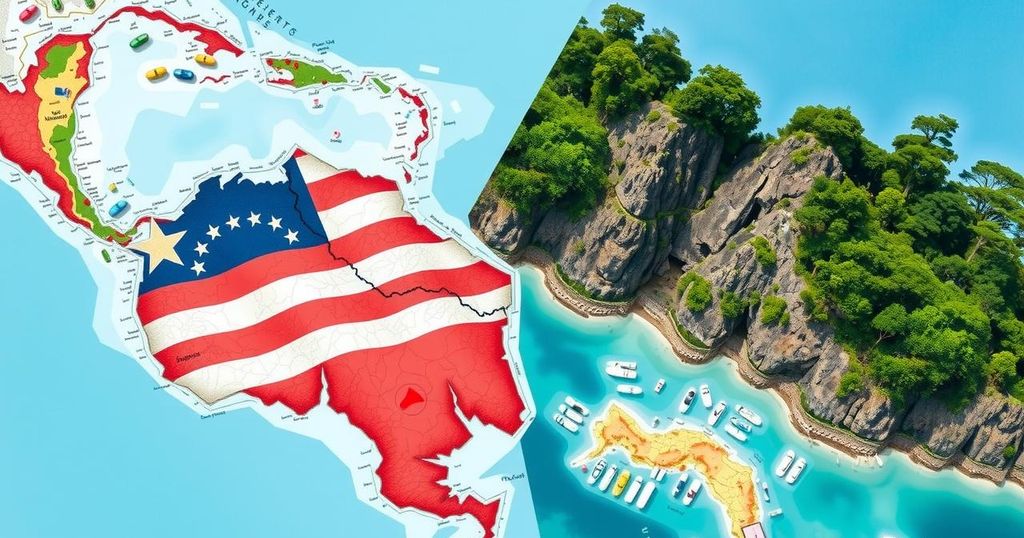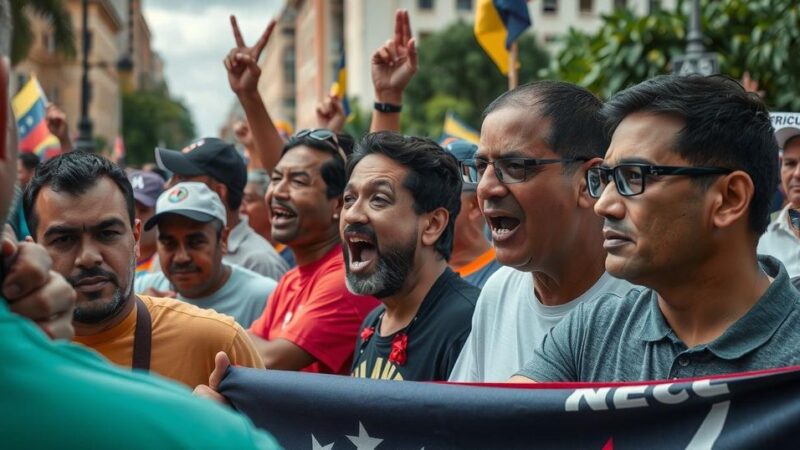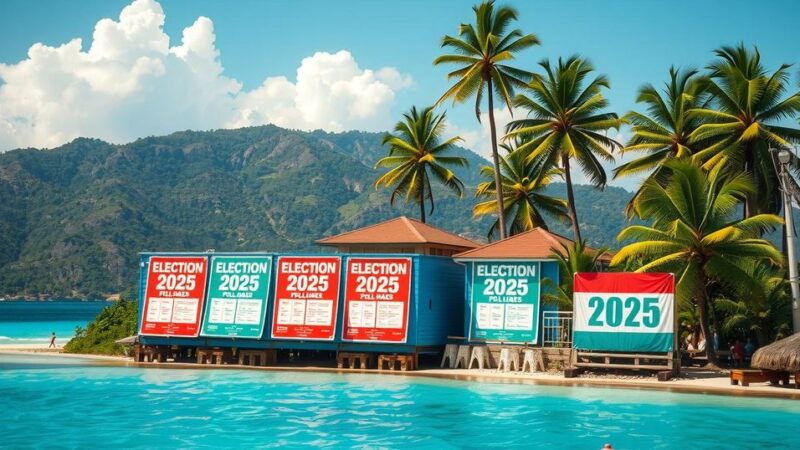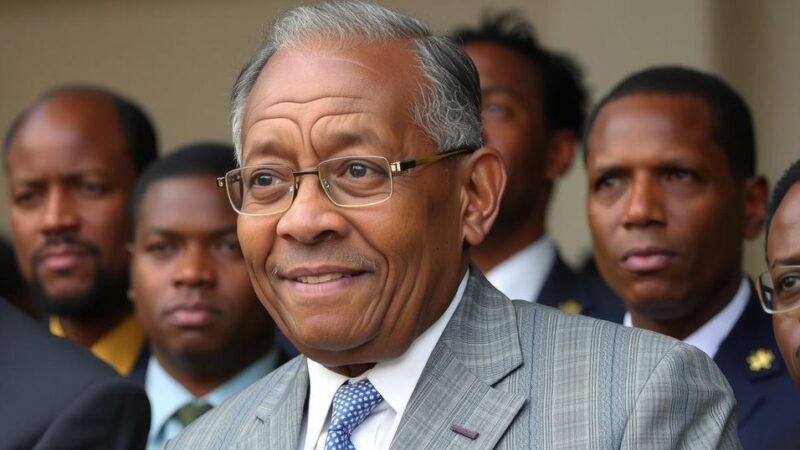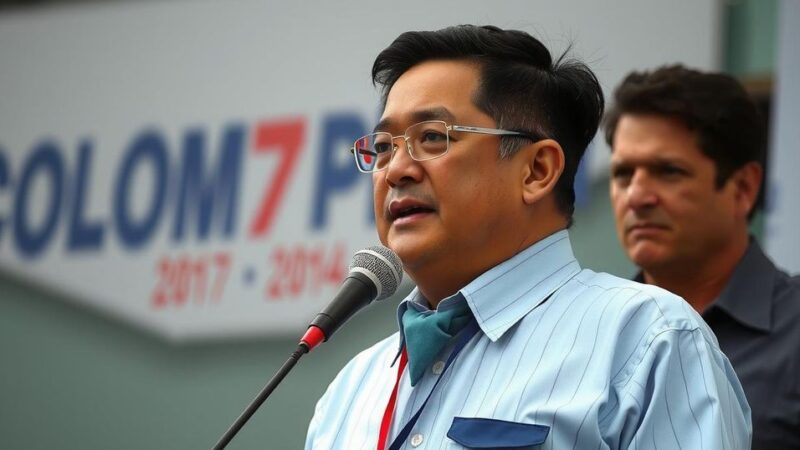Guyana seeks intervention from the UN’s top court against Venezuela’s plans to elect a governor for the disputed Essequibo region, emphasizing violations of sovereignty and international law. This follows heightened tensions following a December 2022 agreement aimed at maintaining peace over resource-rich territories. Guyana argues that Venezuelan actions jeopardize ongoing judicial processes related to the territory’s status.
Guyana has announced its intention to turn to the United Nations’ highest court in response to Venezuela’s plans to elect a governor for the disputed Essequibo region, an area rich in natural resources. The Guyanese foreign ministry issued a statement asserting that such elections would contravene a December 2022 agreement aimed at maintaining peace and preventing conflict between the two nations regarding the mineral and oil-rich territory. It emphasized that Essequibo remains under Guyana’s sovereignty, and Venezuela’s actions could lead to serious breaches of international law as stipulated in the U.N. Charter.
The ministry expressed its readiness to seek provisional measures from the International Court of Justice to halt Venezuelan actions should they proceed with plans for governance in Essequibo. This region, representing two-thirds of Guyana’s land mass, is deemed integral to the country’s identity and statehood. Historical claims trace back to colonial boundaries, with Venezuela asserting that the territory falls within its domain due to historical context dating back to the Spanish colonial period.
Since 2018, Guyana has pursued a legal remedy through the international court system, asserting that a 1899 arbitration ruling establishes the current border as valid. Venezuela contests this interpretation, citing a 1966 agreement as nullifying the earlier resolution. With heightened tensions following recent territorial incursions, Guyana has also protested against Venezuelan military activities perceived as infringing upon its sovereignty.
The ongoing territorial dispute between Guyana and Venezuela over the Essequibo region has historical roots stemming from colonial-era boundaries. The Essequibo area, influential due to its natural resources, particularly oil and gas, has seen increased contention after significant discoveries off Guyana’s coast in 2015. Guyana’s assertion of sovereignty and willingness to engage with the International Court of Justice highlights the national significance of this territorial issue. The political dynamics are further complicated by regional military activities, potential elections in disputed areas, and historical claims that reinforce Venezuela’s position.
In summary, Guyana is taking decisive steps to address Venezuela’s electoral plans in the Essequibo region by appealing to the United Nations’ highest judicial authority. This dispute is rooted in a complex historical context and has been exacerbated by the discovery of valuable resources, making the region a focal point of national interests. As tensions persist, Guyana’s legal actions may play a critical role in shaping the outcome of this longstanding controversy.
Original Source: apnews.com

